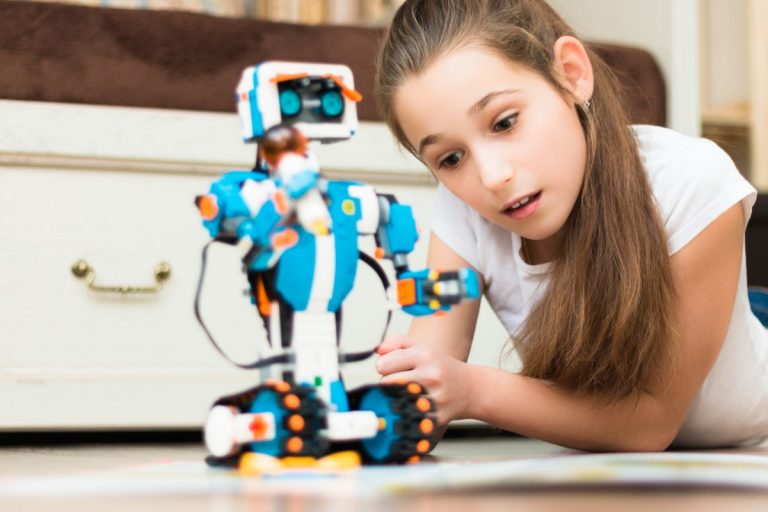
The future of education has never been more rocky. Teacher shortages are plaguing the United States and United Kingdom, UNESCO has made equal access to quality education a global aim and technology such as AI promises to turn over any inefficient stone in the global economy.
Mix all of these together and automating the teaching industry seems like a no-brainer. No longer will teacher numbers rely on people choosing to train for years, no longer will poor training programmes lead to sub-par education, and education quality will not depend on individual teachers’ abilities.
Automating the teaching industry promises the streamlining of education provision. The removal of human variables such as irrational emotions and sick days makes education more consistent; homework can be marked in seconds rather than being a demoralising drag; and curriculum changes could be implemented via a programme update, rather than a six-week training course.
Shout out to our amazing Spanish teacher, Ms. Kab, for taking the Flipgrid plunge with her 4th graders. What a great way to practice and asses their knowledge of the language! #OCSDigitalLearning pic.twitter.com/eEr0ShYqlK
— Alysa Amato (@EdTechAmato) December 12, 2017
But what this picture so desperately misses is the human engagement that is so integral to teaching. Teaching is about a lot more than ticking boxes and filing marks.
In one class alone, a teacher may have to navigate shy students and misbehaving students, students with difficult home lives, students who learn by reading while others learn by practicing, and the list goes on.
Emotional awareness, empathy and flexibility are the characteristics that make good teachers good. And Artificial Intelligence (AI) – at least at its current level of sophistication – will never be able to match that.
Can you imagine an automated system attempting to discipline a bully who is picking on a vulnerable student? Or settle a student who is dealing with the loss of a parent? Or how about a student who is too anxious to speak in class yet is falling behind as a result?
These are very human experiences that require human interaction to overcome.
“We smash machines into the ground when a job requires emotional intelligence, be it psychotherapy, teaching or anything that requires social interactions,” Graham Brown-Martin, chief education advisor of pi-top, an education technology company teaching children to code, told Study International.
https://twitter.com/KrisBenefield/status/940195479668830209
Although the emotional intelligence of a real person as your teacher is invaluable, perhaps there is room for AI not to replace teachers but to work alongside them in a human-robot hybrid.
Take homework assignments for example: AI really comes into its own when repetitive, data-heavy analysis is involved. Marking homework is the ideal task for machines to do with the accuracy and efficiency of which a human could only dream. But when it comes to feeding back marks, supporting students who under-performed and motivating students to improve their work, a human teacher has the emotional advantage.
Rose Luckin, a professor at the University College London Knowledge Lab, a research centre focused on how digital media can transform education, told Futurism that the introduction of AI to the classroom will help alleviate the stress on teachers that has caused a shortage in the US and UK.
Alternatively, facial recognition technology could help teachers identify behaviour trends including signs of an angry outburst or the teetering of attention span. This information could help educators to become better teachers in a way they never could without the help of AI, Futurism reported.
Naturally, human instinct is to reject the rise of AI as a unstoppable threat that is going to steal human interaction. But by recognising its potential as a teaching tool, we can use AI to enhance the human education experience.







